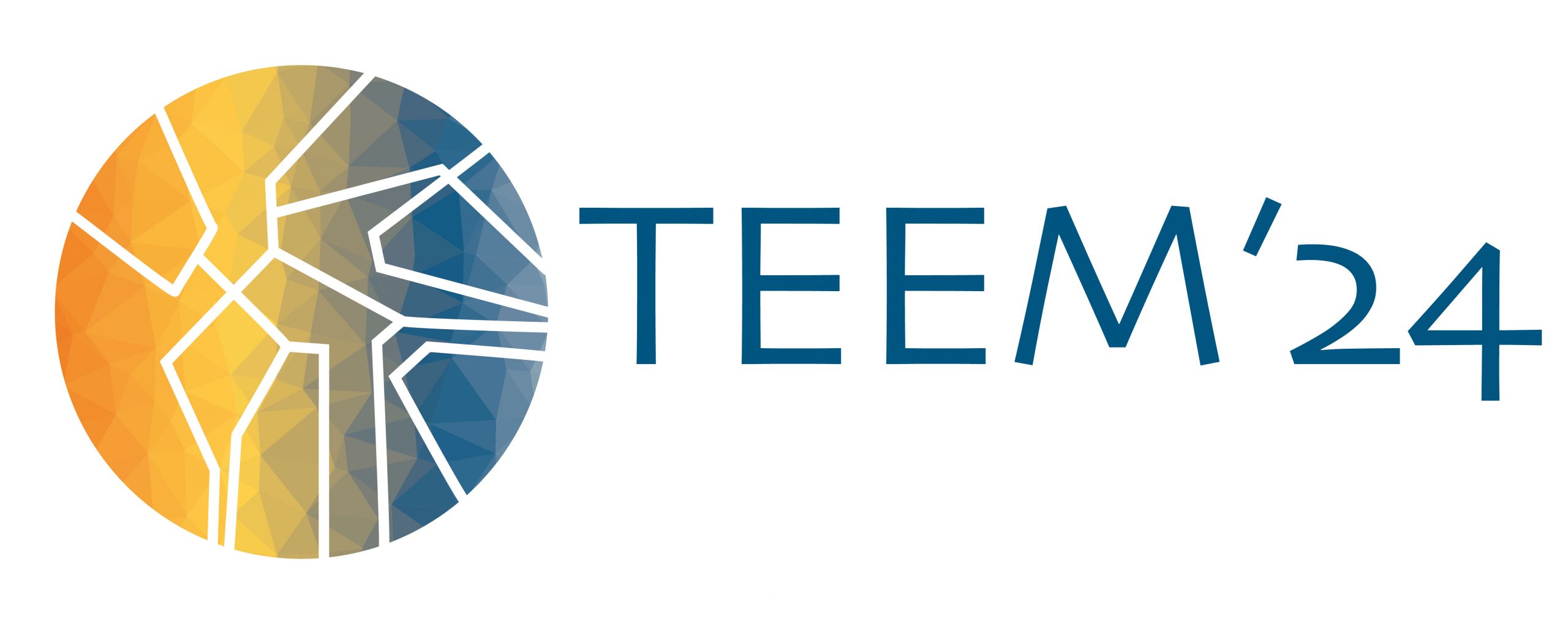Track 2. Managing Generative AI in Educational Settings
Generative Artificial Intelligence (AI) is a subset of AI that is able to create original content, such as text, images, and sound. Generative AI models use techniques such as machine learning and natural language processing to create new and unique content based on input data. One example of a generative AI model is a language model like OpenAI’s ChatGPT, which is able to generate human-like text based on the input prompt given to it. Additionally, models like GPT-3 can also be used for tasks such as text completion, translation, and summarization. Generative AI has the potential to be used in a wide range of applications such as content creation, language education, and as a tool to support student learning. The use of generative AI in educational settings is becoming increasingly popular, and this track aims to explore the management and integration of these models in the classroom, including the challenges, opportunities and ethical considerations. It will focus on how to effectively utilize AI capabilities to enhance learning experiences, and how to use generative AI as an assessment tool and for providing feedback to students. It also covers the impact of AI tools on academic integrity, and how to maintain academic standards. Additionally, best practices for managing and monitoring AI models in educational settings, and ensuring the originality and authorship of AI-generated content will be discussed. This track aims to explore the management and integration of generative artificial intelligence (AI) in educational settings. It will focus on the challenges and opportunities that arise when implementing generative AI in classroom instruction and curriculum development, as well as the ethical considerations and best practices for managing AI models and data in an educational setting. One of the main challenges when incorporating generative AI in education is ensuring that the technology is aligned with the learning objectives and instructional goals. This requires the development of effective strategies and resources that can effectively utilize AI capabilities to enhance learning experiences. Additionally, the use of generative AI as an assessment tool, and providing feedback to students using AI-generated content are addressed. The track also covers the impact of AI tools on academic integrity and how to maintain academic standards. Additionally, the track will explore the ethical implications of using AI models in the classroom. Topics such as bias, transparency, and data privacy will be discussed. Additionally, best practices for managing and monitoring AI models in educational settings will be discussed..
Topics
- Latest Advancements in Generative AI: Exploration of cutting-edge developments in AI, including Retriever-Augmented Generation (RAG) models and their educational applications.
- Fine-Tuning AI Models for Educational Purposes: Strategies and experiences in customizing AI models to better suit specific educational needs and contexts.
- Integrative Learning Experiences with AI: Examining how AI can be used to create immersive and interactive learning experiences, enhancing student engagement and understanding.
- Smart Learning Applications: Discussing the development and impact of AI-driven smart learning tools and applications in education.
- Aligning AI with Learning Objectives: Strategies for ensuring that AI models support and enhance educational goals and instructional designs.
- AI as a Tool for Personalized Learning and Assessment: Investigating how AI can provide tailored learning experiences and feedback, catering to individual student needs.
- Incorporating AI into Existing Curricula: Best practices and challenges in integrating AI tools and methodologies into current educational frameworks.
- Developing Educational Resources for Generative AI: Creating teaching materials and resources that effectively utilize AI for educational purposes.
- Ethical Considerations in AI-Enhanced Education: Addressing issues of bias, transparency, data privacy, and the ethical use of AI in learning environments.
- Management and Monitoring of AI in Education: Discussing approaches to effectively oversee the implementation and operation of AI systems in educational settings.
- AI’s Role in Maintaining Academic Integrity: Exploring how AI can be used to uphold academic standards and prevent dishonest practices.
- Ensuring Originality in AI-Generated Content: Techniques and tools for verifying the authenticity and authorship of AI-generated materials in educational settings.
- AI in Language Education: Exploring the use of generative AI models in language learning and instruction.
- Case Studies and Real-World Applications: Sharing practical experiences and examples of how AI is being used effectively in educational settings.
Track Scientific Committee
David López, Universitat Politècnica de Catalunya, Spain
Faraón Llorens Largo, Universidad de Alicante, Spain
Francisco García-Peñalvo, Universidad de Salamanca, Spain
Jorge D. Camba, School of Engineering Technology – Purdue University, USA
Juanan Pereira, Euskal Herriko Unibertsitatea (UPV/EHU), Spain
Juan Miguel López Gil, Euskal Herriko Unibertsitatea (UPV/EHU), Spain
Roberto Echeverría, Universidad de Extremadura, Spain
Rolando Chacón, Universitat Politècnica de Catalunya, Venezuela
CHAIRS:

Marc Alier
Universitat Politècnica de Catalunya (UPC), Spain

María José Casañ Guerrero
Universitat Politècnica de Catalunya (UPC), Spain

Daniel Amo Filvà
La Salle – Universitat Ramón Llull, Spain
